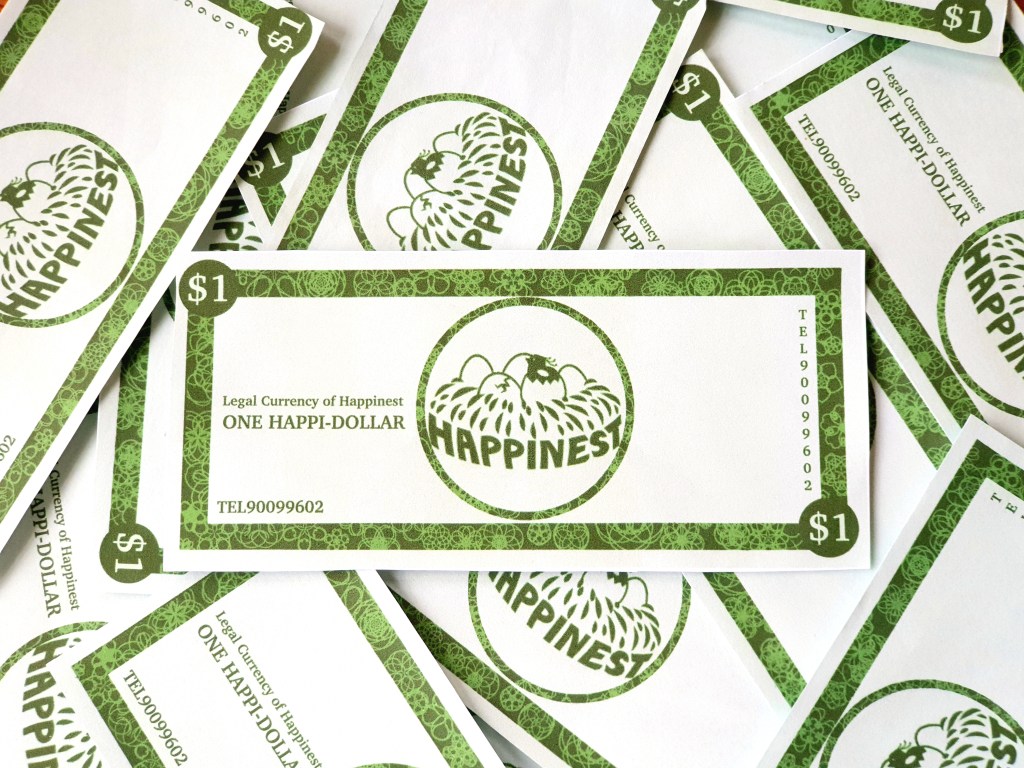Did you know that Composition in the English Paper 1 is the section with the most room for improvement?
Did you know that most students who misses out on an A* for PSLE usually constantly under-perform for their Compositions?
Did you know that it is HIGHLY POSSIBLE to score above 35+/40 for Compositions to give you a high chance of A* for PSLE?
My name is Deven Lim. I have been teaching for more than 15 years and have helped many students make massive improvements in their compositions. A good number even scored A* for their PSLE – a grade only possible if you can write a really good composition.
My name is Deven Lim. I have been teaching for more than 15 years and have helped many students make massive improvements in their compositions. A good number even scored A* for their PSLE – a grade only possible if you can write a really good composition. Today, I will be sharing some quick tips and even some secrets to make your composition stand out.
1. Language
Grammar
The most common careless mistakes are those of wrong use of tenses. It can be avoided by checking your work throughly as if you are the market. In this way, these errors can be kept to the minimum.
Spelling
Always avoid words that you are not sure of. Use synonyms (words of similar meaning) as substitutes to avoid being marked down.
Sentence Structure
Avoid writing too many sentences that are too long. The length of a particular sentence can show your language ability. It might also expose your language weakness.
2. Organisation & Structure
Your composition has to be adequate length (2.5 to 3.5 pages with 5 to 7 paragraphs). It also has to be well weighted on its introduction, body and conclusion. Paragraphs should not be tooo short/long. Thus, proper planning is essential.
The image below is a good example of how a good composition should look like:

Let’s be realistic. It is impossible to have enough time to plan during the short 1 hour 10 mins for English Paper 1. You will have to be well-trained enough to work it out mentally. This will come naturally when you do proper planning for your practice compositions.
Points to take note of:
- Think through your storyline thoroughly
- Make sure it is logical and down to earth
- Identify the number of paragraphs you are writing and the content of each paragraph and stick to it
- Make sure that you will not miss out a piece of the story that readers are dying to know
- Make sure that you do not write an introduction that is too length and cut short on the climax and conclusion.
The two points above ( 1. Language & 2. Organisation & Structure ) will make sure that the composition will look good. Ask yourself! As an examiner, how would you grade a composition that looks “red” with plenty of underlines? How would you grade a composition with inadequate length and paragraphs of unequal length? The above 2 points give a student the foundation for a good composition grade.
3. Usage of Creative Phrases
Add in a few creative phrases! The first trick is to memorise a number of phrases that is general in nature and can be frequently used. For example, “The shoppping mall was bustling with activity.”
The second trick is to create a bank of creative phrases that are categorised by feelings/emotions – Fear, Excitement, Happiness, Anger, etc. The bank does not need to be extensive – 5 to 8 creative phrases for each category. Next, memorise these creative phrases and use 2 or 3 of them consecutively when describing the certain feeling/emotion of a character.
Example:
Strolling at the nearby park, I could feel a strange presence following us. Soon, I felt a tug on my shirt. My heart skipped a beat. I was paralyzed with fear. Cold sweat trickled down my spine, sending shivers throughout my body. I did not know if i should turn around or just run for my life! I could feel goosebumps on my skin as I finally decided to turn around.
A paragraph written by a P6 student as part of a composition titled – A Stranger

Sadly, not all techniques and tips can be as easy to master as those I have shared above. There are more techniques and skills that require a lot of practices to master:
- Writing a Composition = Creating a Movie
- Varying length, Establishing Style
- Effective Para-transition – Commercial Breaks at the Right Time
Final Piece of Advice
Writing is largely and especially personal, it takes many practices for a student to develop his/her own style. Purely memorising compositions or following a standard storyline or format at tuition classes will take the joy out of writing. Only by creating your own style can you make your composition stand out.





